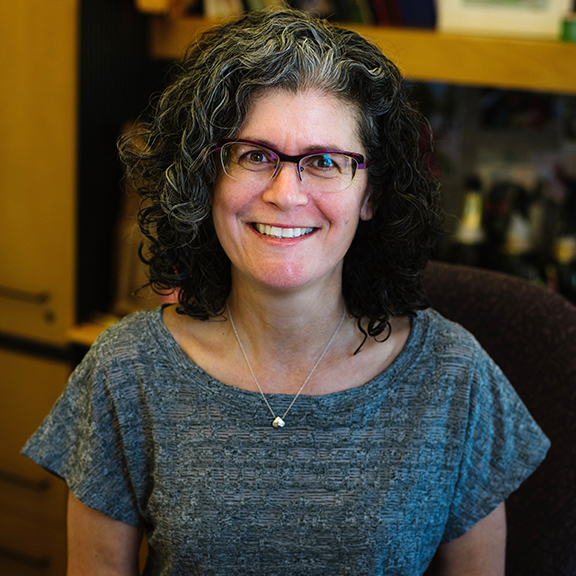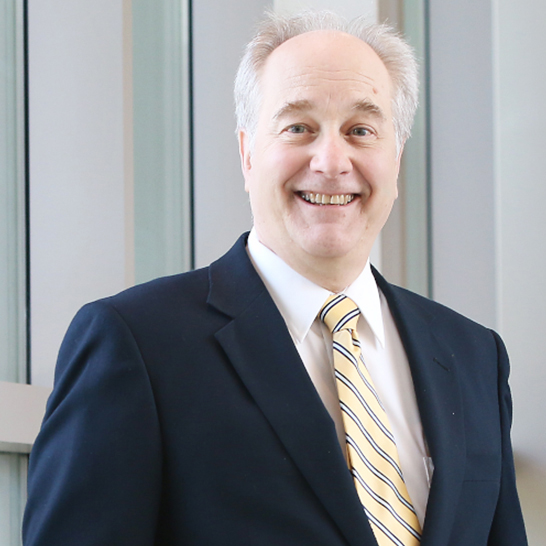TWiM investigates the high variability in the rate and amount of current production from microbial fuel cells, and how bacteria link their growth rate to external nutrient conditions via a protein that functions as a cellular rheostat.
TWiM reveals environmental integrons, bacterial genetic elements notorious for their role in spreading antibiotic resistance, and how Salmonella invasion is controlled by competition among intestinal chemical signals.
TWiM reveals a new type of satellite virus that requires only phage tails for producing infectious virus particles, and that highly virulent plague bacteria differs from its innocuous enteric predecessor by its resistance to lysis by human complement.
TWiM reveals housefly dispersal of antimicrobial resistant bacteria, and a reproductive organ in squid linked to symbiotic bacteria.
TWiM reveals quorum-sensing systems that regulate intestinal inflammation and permeability caused by P. aeruginosa, and how plasmids manipulate bacterial behavior through translational regulatory crosstalk.
TWiM presents a protocol for evolving caffeine-tolerant yeast by high school students in the home, and how predator-prey dynamics change when multiple bacteria grow together in biofilms.
TWiM explains the synthesis in bacteria of new energy-dense biofuels that can replace rocket and jet fuels, and the use of nanopore sequencing to improve diagnosis and treatment of patients with serious infections.
TWiM explains how magnesium modulates cell division frequency of a soil bacillus, and killing of fungi by Acinetobacter baumannii via a Type VI DNase Effector.
TWiM describes successful phage therapy against a mycobacterial lung infection, and how encapsulation of the cell wall protects S. pneumoniae from its major peptidoglycan hydrolase and host defenses.
TWiM explores the relationship between the gut microbiome and depressive symptoms, and how purine nucleotides act as adjuvants to antibiotics.




